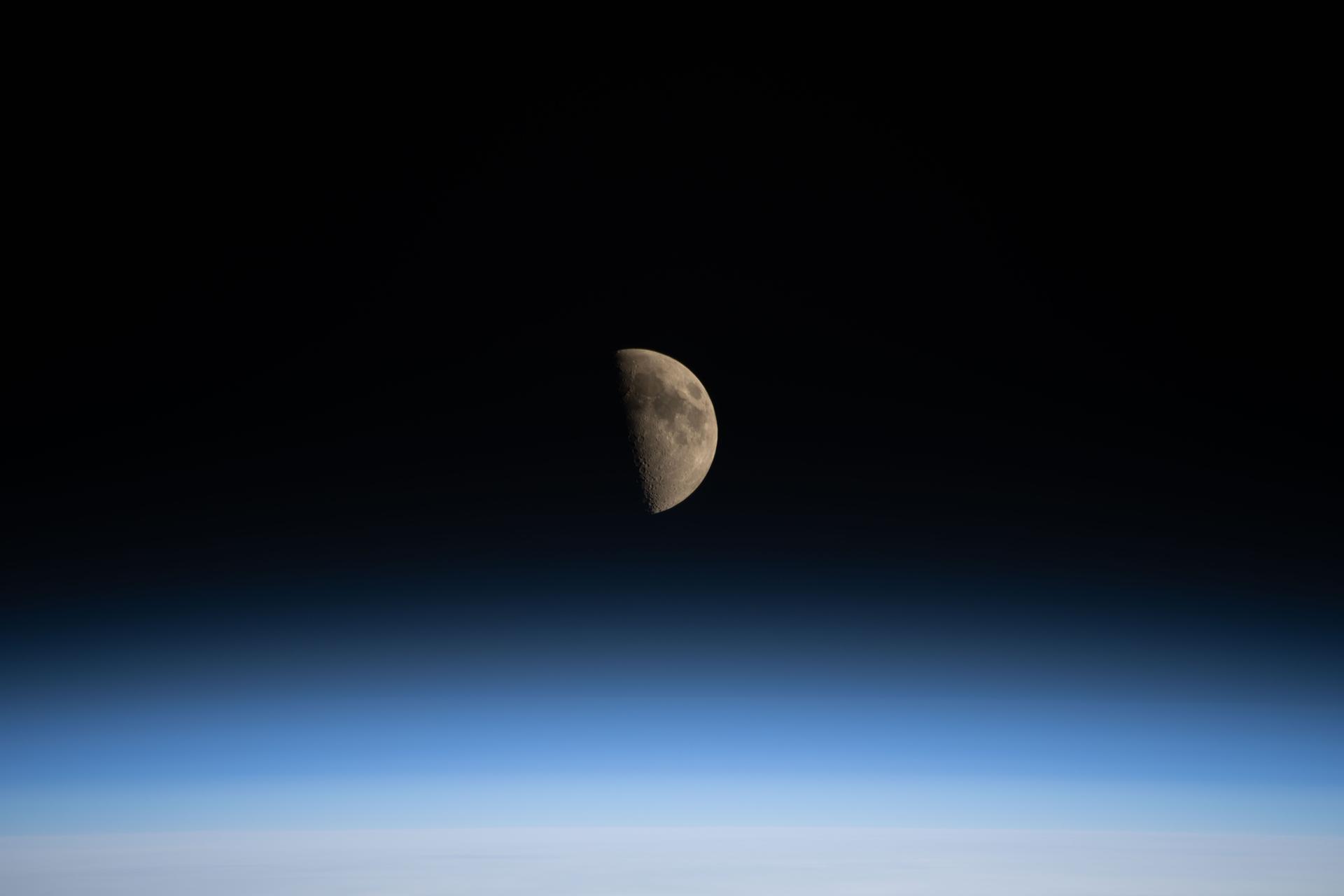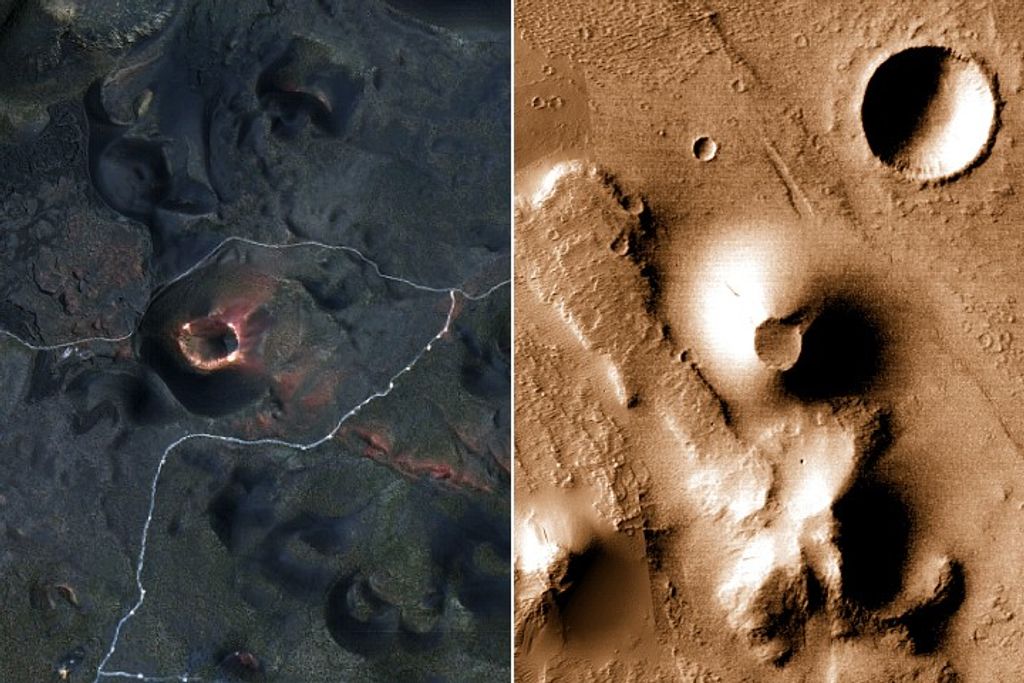The Earth Observer’s Editor’s Corner
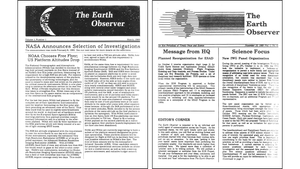
It is with a heavy heart that I announce that NASA Earth Science Communications has directed The Earth Observer to conduct an orderly shutdown of the publication. No new content will be published after Dec. 31, 2025. While the sunset…
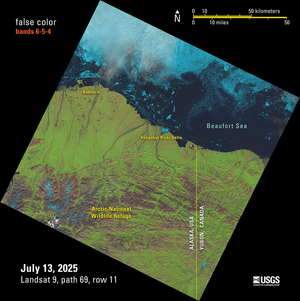
NOTE TO READERS: After more than three decades associated with or directly employed by NASA, Steve Platnick [GSFC—Deputy Director for Atmospheres, Earth Sciences Division] stepped down effective August 8, 2025. Steve began his civil servant career at GSFC in 2002,…

NASA’s Earth science missions have continued to demonstrate remarkable adaptability and innovation, balancing the legacy of long-standing satellites with the momentum of cutting-edge new technologies. The Terra platform, the first of three Earth Observing System flagship missions, has been in…
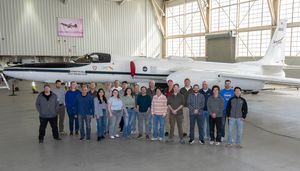
NASA’s Earth Observing fleet continues to age gracefully. While several new missions have joined the fleet in the past year, scientists and engineers work to extend the life of existing missions and maximize their science along the way. The crowning…

Expanded coverage of topics from “The Editor’s Corner” in The Earth Observer On December 18, 2024, Terra — the first EOS Flagship mission — celebrated the 25th anniversary of its launch from Vandenberg Space Force (then Air Force) Base. Some 70…
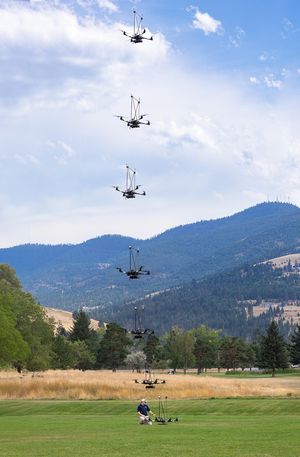
Expanded coverage of topics from “The Editor’s Corner” in The Earth Observer Wind is a major factor in fire. It controls how fires evolve and pose threats to the safety of communities. While weather balloons are routinely used in daily operations…

Expanded coverage of topics from “The Editor’s Corner” in The Earth Observer Jack Kaye [NASA Headquarters—Associate Director for Research of the Earth Science Division] has received the 2024 William T. Pecora Award award for his vision and creative leadership in multidisciplinary…
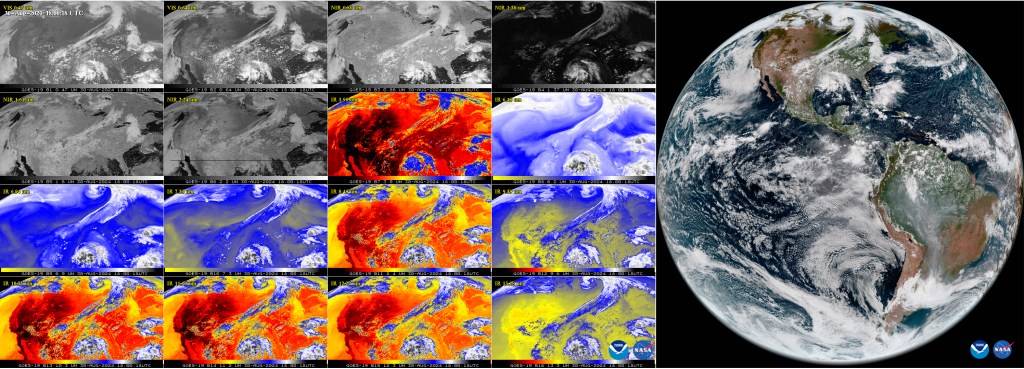
On September 18, 2024, the National Oceanic and Atmospheric Administration (NOAA) shared the first images of the Western Hemisphere from the GOES-19 satellite, its newest geostationary satellite launched on June 25, 2024 onboard a Falcon Heavy rocket from NASA’s Kennedy Space Center.…
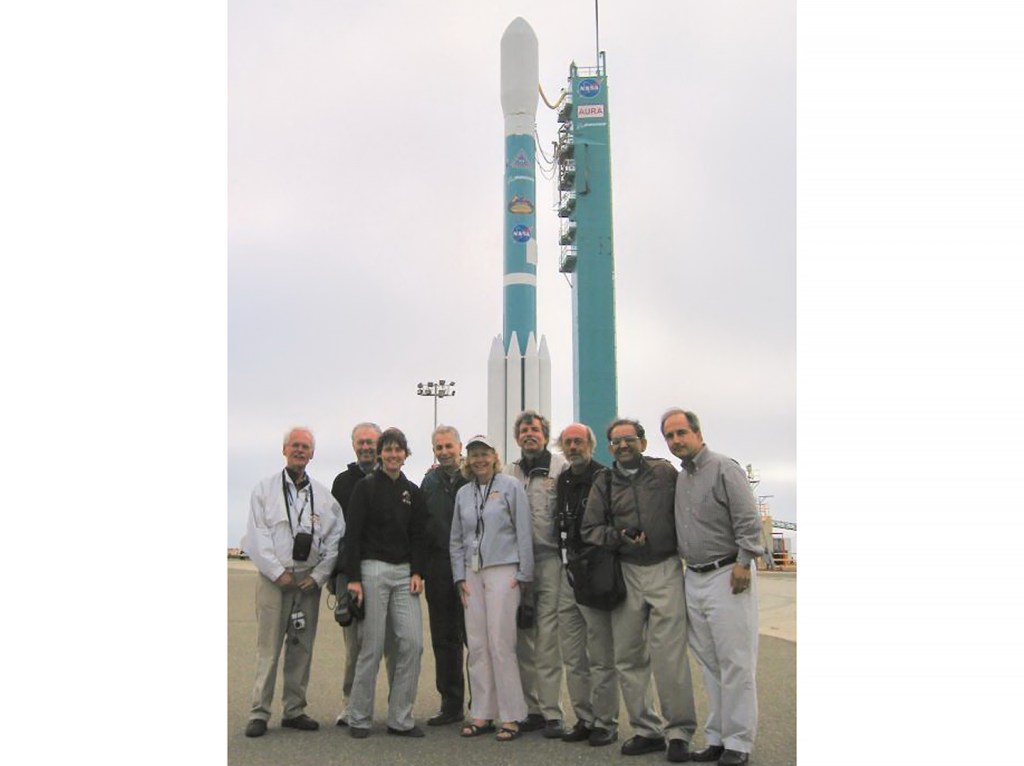
Expanded coverage of topics from “The Editor’s Corner” in The Earth Observer The last of NASA’s three EOS Flagships – Aura – marked 20 years in orbit on July 15, 2024, with a celebration on September 18, 2024, at the Goddard…
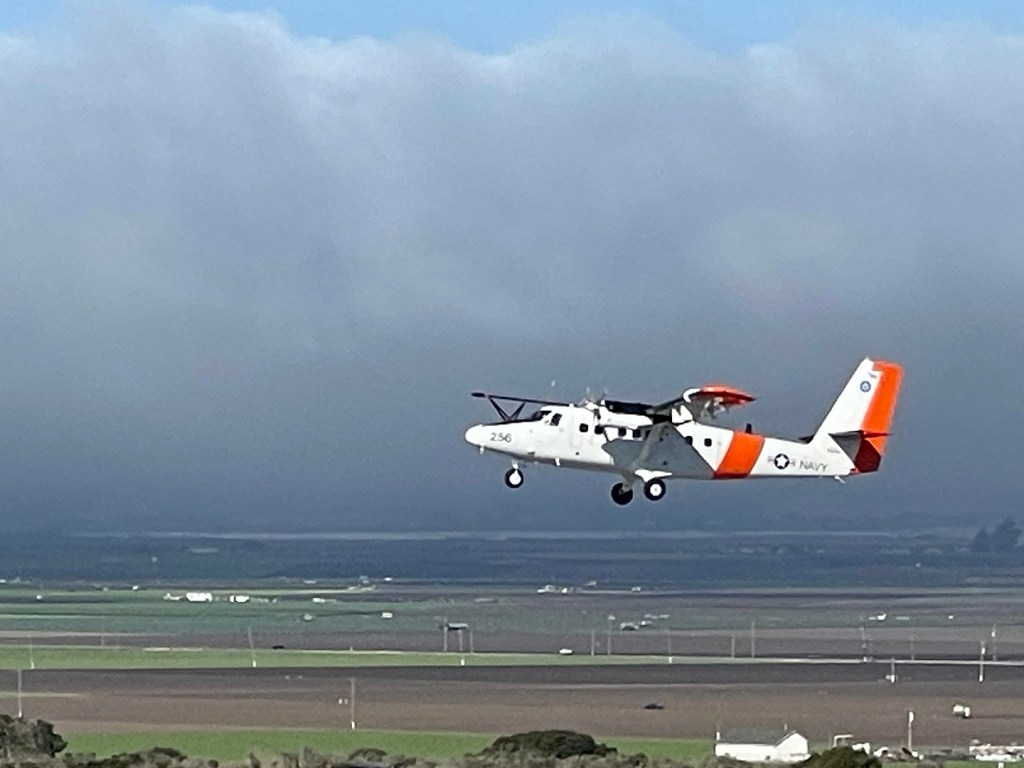
Expanded coverage of topics from “The Editor’s Corner” in The Earth Observer PACE–PAX The primary objective of the Plankton, Aerosol, Cloud, ocean Ecosystem–Postlaunch Airborne eXperiment (PACE–PAX) is to gather data to validate measurements from NASA’s PACE mission. A secondary objective was validation of observations…

